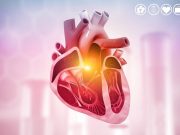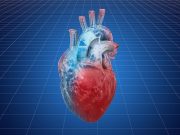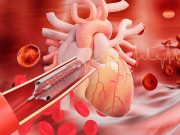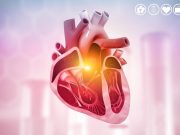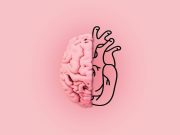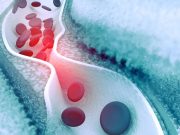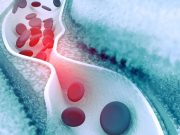Tag: Heart / Stroke-Related: Coronary-Artery Disease
Nonoptimal Levels of Traditional Risk Factors Almost Universal Before CVD
In both men and women, prevalence of one or more traditional risk factor before CVD was >99 percent across age groups
Use of AI Can Help Identify Coronary Thin-Cap Fibroatheromas
Significant association seen for AI-TCFA with primary outcome of composite of any-cause death, nonfatal MI, unplanned revascularization at two years
P2Y12 Inhibitor Monotherapy Beneficial for Patients Who Undergo PCI
Risk for major adverse cardiac and cerebrovascular events lower compared with aspirin monotherapy for patients who undergo PCI and discontinue DAPT
Replacing Sedentary Activity With Sleep, Exercise Beneficial in Acute Coronary Syndrome
Reduction in cardiac event/mortality risk seen in patients evaluated for acute coronary syndrome
PREVENT Risk Score Accurately IDs People With Coronary Artery Calcium
Risk discrimination of incident myocardial infarction events improved by adding coronary artery calcium to PREDICT risk
Maladaptive Cardiovascular Reactivity to Mental Stress Linked to Adverse Outcomes
Risk score derived from cardiovascular reactivity predictive of adverse outcomes beyond traditional cardiovascular risk factors in CAD
Electronic Patient-Reported Outcome Monitoring System Beneficial
Implementation of ePRO monitoring system improves patient-physician communication in cardiovascular care
Coronary Artery Disease Common in Patients With Cirrhosis
However, cirrhosis may not increase the risk for coronary artery disease
Consuming More Plant Than Animal Protein Cuts Risk for Cardiovascular Disease
Benefit seen for overall cardiovascular disease and coronary artery disease, but not for stroke
Extensive Coronary Artery Calcium on Chest CT Prognostic for Death, CVD
Extensive coronary artery calcium associated with composite primary outcome, all-cause death, cardiovascular events


